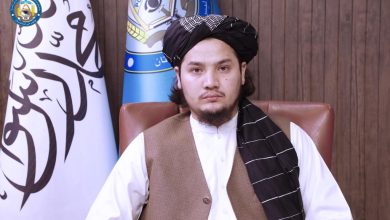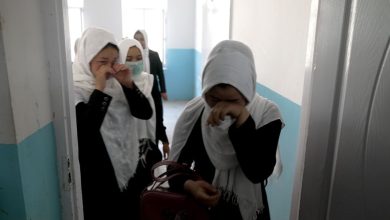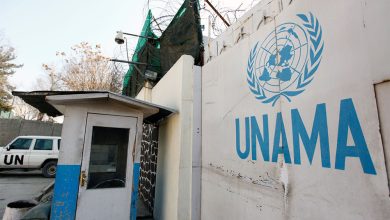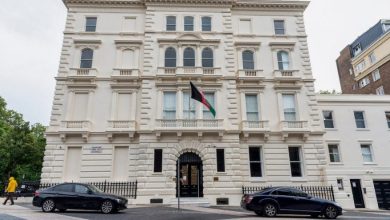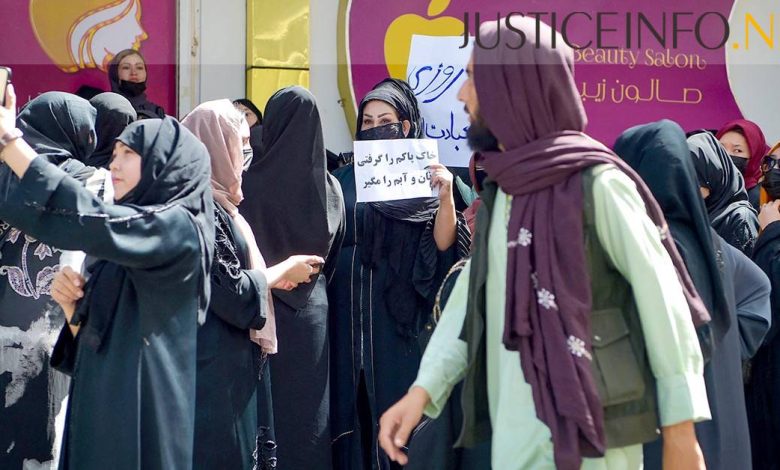
Human Rights Watch: 60,000 Afghan Women Have Lost Their Jobs in Three Years
Bayan News – Several prominent human rights activists have recently expressed concern over the rising number of child marriages in Afghanistan.
Heidar Bar, Deputy Director of Human Rights Watch, and Henrietta Fore, former UNICEF Executive Director, have highlighted that, in addition to the increase in early marriages, approximately 60,000 Afghan women have lost their jobs in the past three years due to the current restrictions imposed by the Taliban regime on women and girls.
Human rights activists shared these statements in an interview with Global Issues, with the report published on Friday (November 15).
In the interview, Bar added that since the Taliban’s return to power, human rights violations—especially against women and girls—have significantly increased.
Other human rights defenders in the same interview also pointed out that, in recent days, the Taliban government has expanded its restrictions against women and girls.
According to the report, over the past three years, the number of forced marriages and child marriages has sharply increased due to the denial of education for girls.
Henrietta Fore, the former UNICEF Director, commented, “Since most teenage girls are still not allowed to return to school, the risk of child marriage has now increased significantly.”
UNICEF’s findings also show that 28% of Afghan women between the ages of 15 and 49 were married in exchange for a dowry.
The report, citing findings from the United Nations Development Program (UNDP), states that after the Taliban imposed work restrictions on women, Afghanistan’s income has decreased by over 20%, making it one of the poorest countries in the world.
On the other hand, international organizations mentioned in the report have stated that due to the Taliban’s restrictions, nearly 2.5 million Afghan girls do not have access to education.
However, Taliban officials have consistently rejected these concerns, stating that women’s rights are protected under Islamic law, and they are focused on reopening education for girls.
Qatar and Turkey Leaders Emphasize Inclusive Governance in Afghanistan



